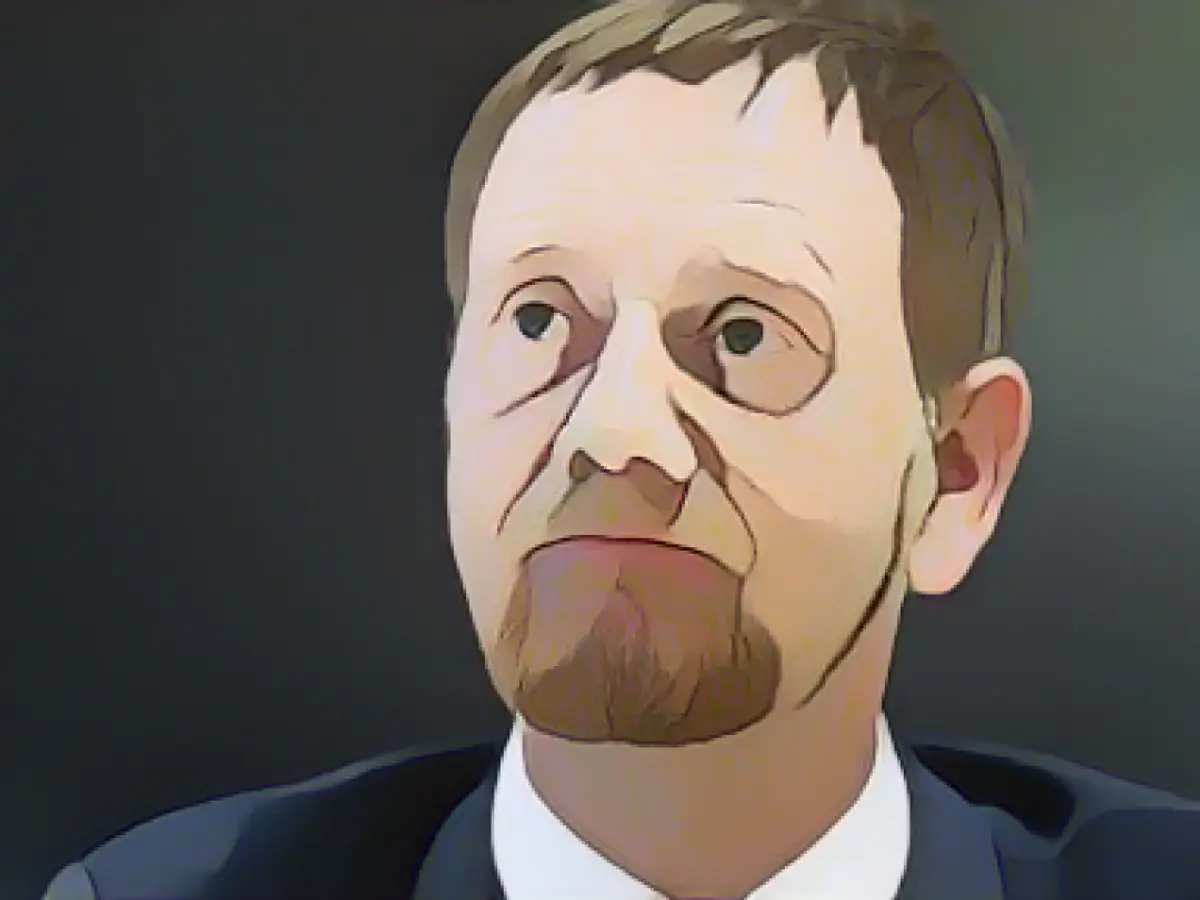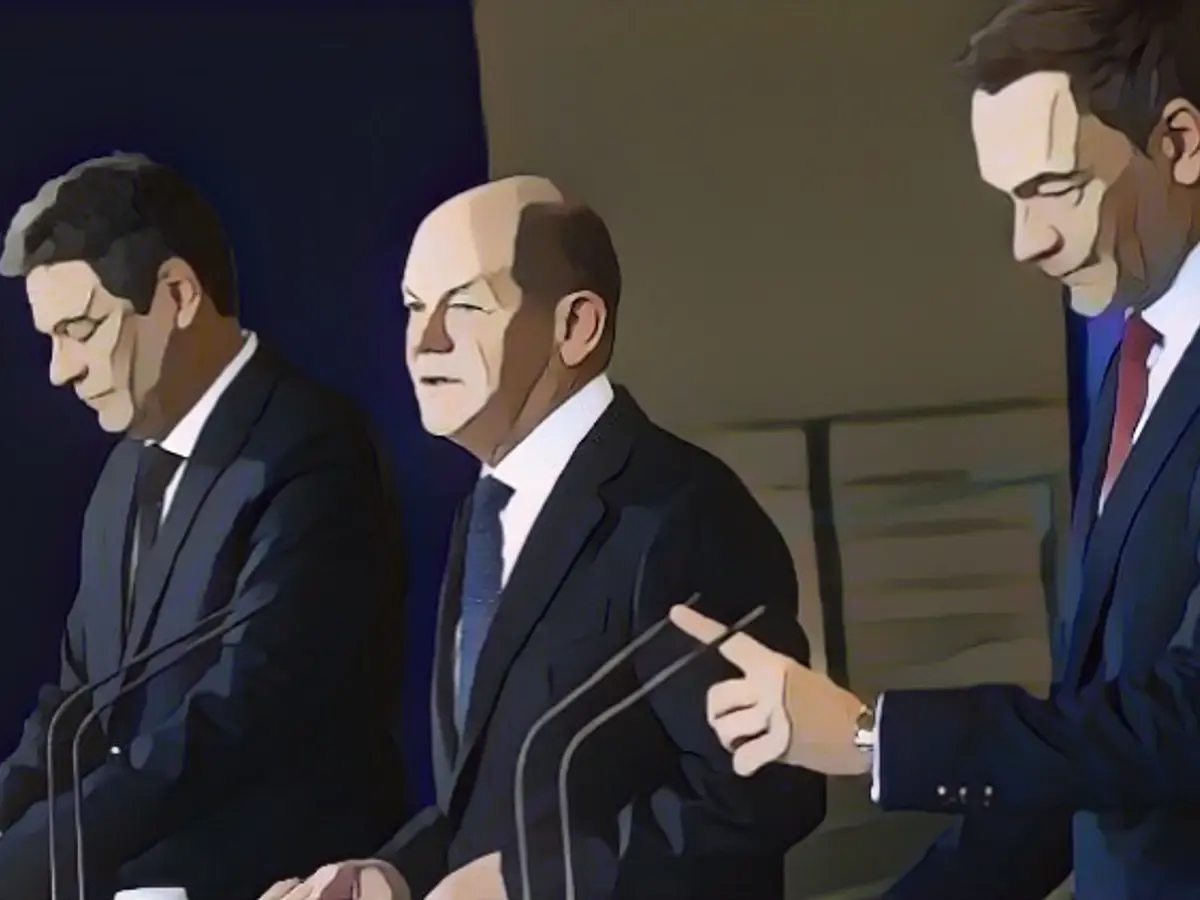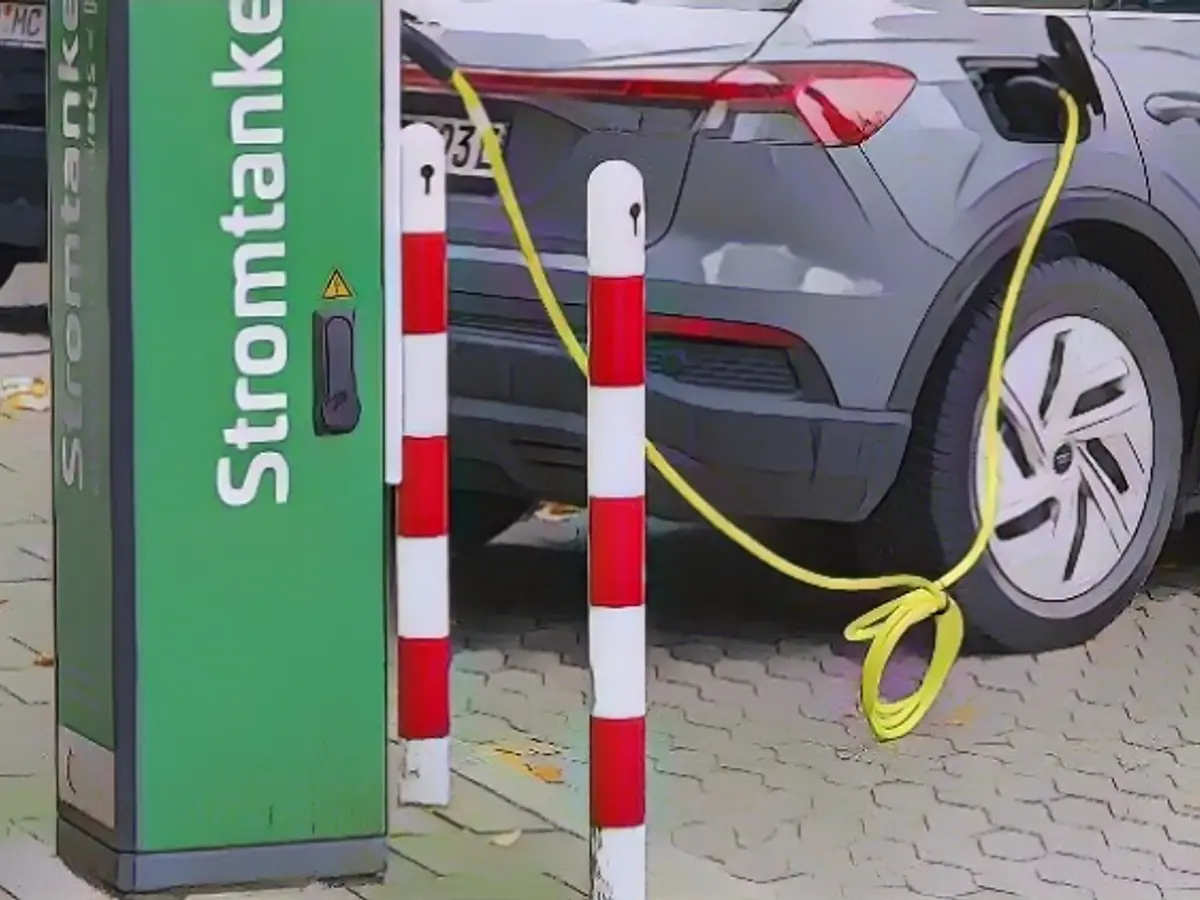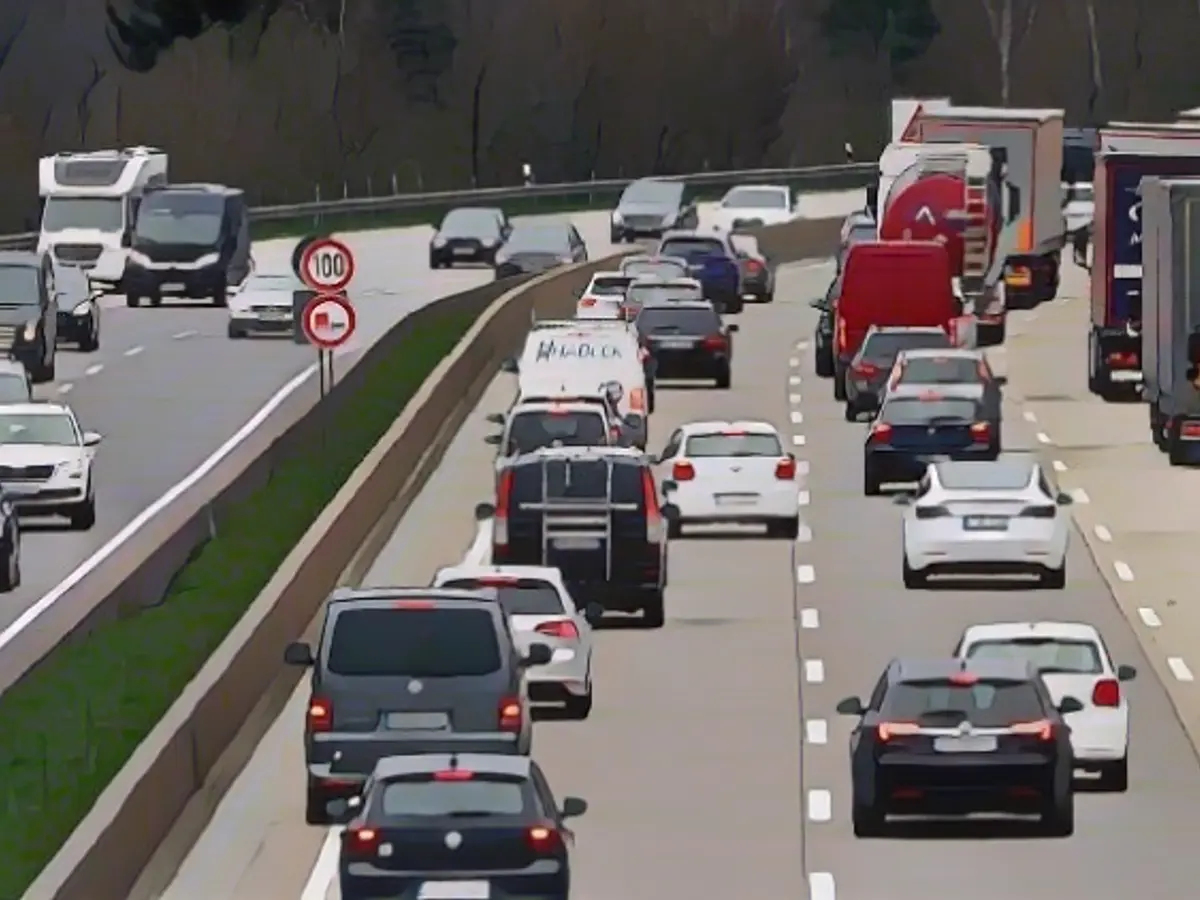Budget Policy: Kretschmer Advocates for Special Funds and Aid for Municipalities
Saxony's Minister President, Michael Kretschmer (CDU), voiced his support for adjustments to the federal debt brake, albeit without fundamentally challenging its merits. In the aftermath of a natural disaster, for example, Kretschmer proposed sparing municipalities from the annual necessity of reassessing the emergency situation as a prerequisite for incurring debt. This, according to him, would entail transitioning away from the current annuality principle.
Maintaining the debt brake, however, is imperative for both the federal and state governments, Kretschmer asserted. Employing a simple analogy, he likened a solution to the debt brake to shopping without sufficient resources, concluding that the resulting "dam breaks" would exacerbate the situation.
Regarding exceptional circumstances, such as the creation of a special fund, like that for the Bundeswehr, Kretschmer suggested that strategic investments should be sanctioned by a two-thirds majority in the Bundestag. Using infrastructure and education investment packages as examples, he believed that such decisions would enable reliable investments over an extended period.
The German economy is grappling with an economic downturn, which is further complicated by increasing energy prices and CO2 taxes, according to Kretschmer. He expressed concerns about the country's limited capacity for investments and fundamental reforms at this juncture.
Concurrently, social spending is burdening local authorities, leading to the erosion of their budgets. Citing the district of Bautzen as an example, Kretschmer remarked that social spending levels are now higher than during periods of high unemployment and larger populations.
In light of these circumstances, Kretschmer advocated for the federal government to assume a greater share of the financial burden, urging the waiving of the citizen's allowance increase and shouldering more of the costs associated with integration assistance and care assistance. According to him, these measures would alleviate the financial pressure on municipalities.
Kretschmer backed the Union's appeal to the Federal Constitutional Court against the budget policy of the "traffic light" coalition. He argued that the government's retrospective allocation of funds for purposes other than intended was audacious and illogical, commending the Court's restraint.
Additional Insights:
German political parties, such as the CDU/CSU, have considered adjustments to the debt brake, with discussions surrounding lowering the threshold to 0.15% of GDP. Alternatively, the SPD and the Greens have suggested reforming the debt brake to exclude investments from its limitations, allowing for both investment and social expenditure to coexist within the budget.
Kretschmer's proposals align with the Greens in Saxony, who have advocated for support from the federal government in funding public transport and infrastructure. In the face of new challenges posed by climate adaptation, joint financing between the federal government and federal states has emerged as a critical instrument to accelerate implementation.
[1] "Overview of government proposals on the budget and debt brake" (German version). Bundesministerium der Finanzen. 2021. [online] Available at: [Accessed 22 February 2023]. [3] "Bundesministerium der Finanzen: Finanzplanung 2022: 12. Rechtliche Rahmenbedingungen für die Finanzplanung in Sachsen" (German version). Bundestag. 2023. [online] Available at: [Accessed 22 February 2023]. [5] "Financing Measures for Climate Adaptation" (German version). Federal Ministry for the Environment, Nature Conservation, and Nuclear Safety. 2020. [online] Available at: [Accessed 22 February 2023].








